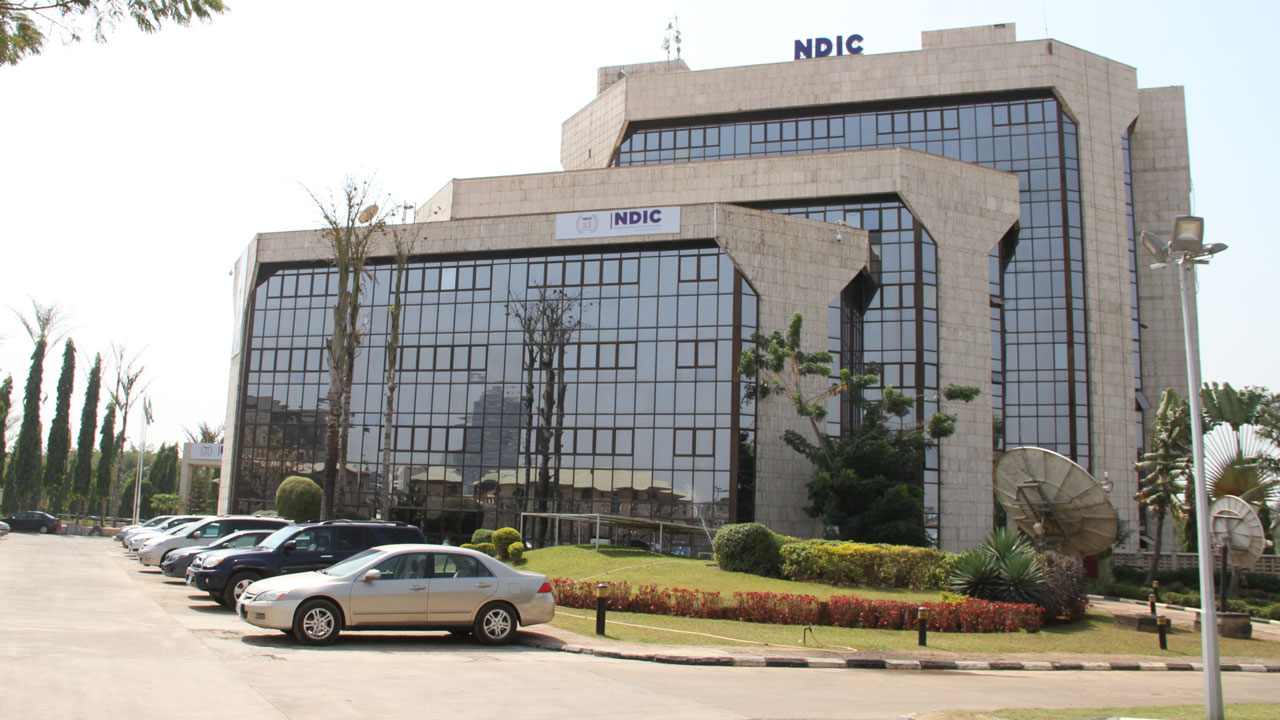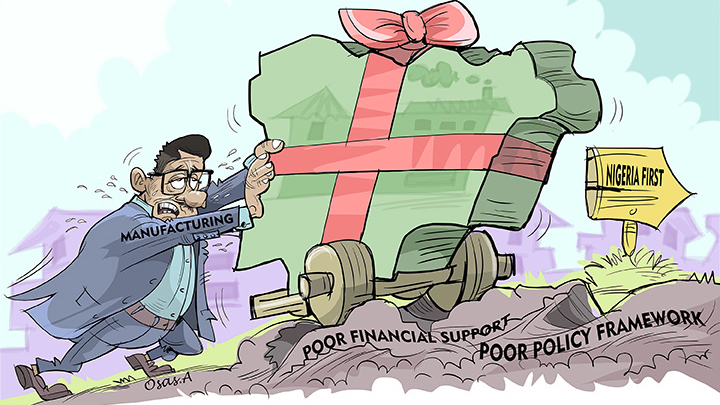
The Managing Director/Chief Executive, NDIC, Bello Hassan while speaking at the 2022 stakeholders’ retreat of the Senate Committee on Banking, Insurance & Other Financial Institutions with the Nigeria Deposit Insurance Corporation, with the theme, ‘Deposit Insurance in Nigeria – Re-strategising for tomorrow’ held in Lagos recently.
He said: “A resilient financial system has the capacity to respond to a range of shocks. The macroeconomic shock and stress brought about by COVID-19 is unprecedented. It has been recognised as the ultimate test of resilience so far to financial systems.
“As evidenced by the financial soundness indicators, Nigerian banks have remained resilient, by being safe, stable and sound in spite of the challenges posed by the COVID-19 pandemic. This success was due largely to the proactive policies and support of the regulatory authorities.”
According to him Nigerian banks had maintained stability by being safe, stable and sound in spite of the challenges posed by the COVID-19 pandemic
He pointed out that the maintenance of financial resilience requires preparation, in advance, through diligent planning, laws, robust policies and sound institutions to implement the laws and policies.
He listed some of the measures taken to strengthen deposit insurance system in the Nigeria include: migration to Differential Premium Assessment System (DPAS) from the flat-rate method of assessing and collecting premium with a view to aligning the pricing of deposit insurance to the risk profile of individual banks and the collaboration with the CBN to shift from the compliance-based examination to Risk Based Supervision (RBS).
Hassan also disclosed that the corporation is keenly involved in ensuring adherence to corporate governance principles in the banks, adding that the target ratio was also developed to ensure operational readiness in deposit insurance guarantee, while deposit insurance cover has also been reviewed upward overtime in response to changing deposit distributions in the banks.
He said the contribution of the NDIC to financial stability and resilience could be examined within the context of its activities in the discharge of the mandates of deposit guarantee, bank supervision, distress resolution and bank liquidation.
The corporation, he added, encouraged prudent risk management practices in the insured institutions because effective risk management remained central to safe and sound banking system.
He said one of the measures taken to strengthen the deposit insurance system in Nigeria was the migration to the Differential Premium Assessment System from the flat-rate method of assessing and collecting premiums, with a view to aligning the pricing of deposit insurance to the risk profile of individual banks and the collaboration with the CBN.
“The NDIC is therefore not left out in re-strategising to enhance its operations. We have enhanced collaboration with relevant stakeholders like National Assembly, Federal Ministry of Finance, Budget & National Planning, the Judiciary and the CBN on almost all relevant activities.
“We are also active on the global scene, and have therefore embarked on robust collaboration and cooperation with other deposit insurance agencies and global bodies, particularly in the area of knowledge and information sharing
The Chairman, Senate Committee on Banking, Insurance & Other Financial Institutions, Senator Uba Sani, said the committee, in its efforts towards regularly engaging critical stakeholders in the financial and banking sectors, jointly organises retreats of this nature for discussions and painstaking analysis on a wide range of issues whose outcome would be of great benefit to the sectors and the Nigerian economy at large.
Uba, who was represented by Olubunmi Adetunmbi added that the retreat is yet another indication and demonstration of the progress made so far in forging a solid, sustainable and workable relationship in the overall interest of the nation.
‘Resilient financial system has capacity to respond to a range of shocks’

NDIC
NDIC





